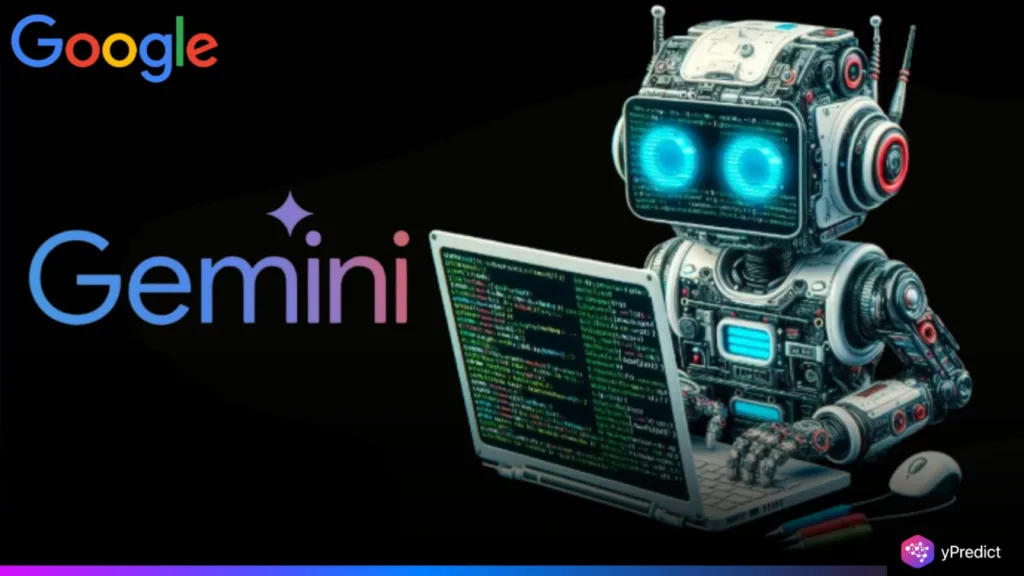
Google has launched Gemini CLI, an AI-powered coding assistant designed to run directly within terminal environments. Unlike other proprietary AI tools, Gemini CLI emphasises transparency, developer autonomy, and community-driven development. The tool harnesses the capabilities of Google’s Gemini models to streamline coding tasks, from generating commands to debugging scripts. As Google intensifies its competition with OpenAI, GitHub, and Anthropic, this release represents a strategic pivot toward empowering developers with open, extensible AI tools that integrate seamlessly into existing workflows, without sacrificing control or privacy.
Google’s Open-Source Strategy Ups the Stakes
Google has introduced Gemini CLI, a powerful artificial intelligence tool aimed at transforming the way developers interact with their code. The tool integrates the company’s Gemini AI models directly into the command line, making it easier for developers to engage with AI through simple, conversational commands.
They announced the news in an official blog post, which stated,
For developers, the command line interface (CLI) isn’t just a tool; it’s home. The terminal’s efficiency, ubiquity and portability make it the go-to utility for getting work done. And as developers’ reliance on the terminal endures, so does the demand for integrated AI assistance. That’s why we’re introducing Gemini CLI, an open-source AI agent that brings the power of Gemini directly into your terminal. It provides lightweight access to Gemini, giving you the most direct path from your prompt to our model.
Gemini CLI allows users to work within their terminal, the familiar text-based interface where programmers typically issue commands, while leveraging AI for tasks such as code generation, debugging, building websites, running commands, or even creating videos. Google says this approach reduces the complexity of conventional programming tools, enabling developers to handle intricate workflows more efficiently.
Taylor Mullen, senior staff software engineer at Google, highlighted the tool’s capabilities during a press briefing, noting that;
With Gemini CLI, you can have a natural language conversation with your computer to solve problems, to weave complex workflows together to do way more than you could have possibly done in the past.
Open-Source Commitment and Expanding AI Access
What sets Gemini CLI apart is its open-source design. Released under the Apache 2.0 license, the tool’s code is freely available for developers to inspect, modify, and enhance. This move aligns with Google’s broader ambition to democratize AI development, promote transparency, and foster collaboration within the developer community.
Gemini CLI builds on Google’s legacy of open AI innovation, from TensorFlow to its transformer models that underpin large language systems like ChatGPT. It also reflects Google’s 2024 move to release its Gemma models, marking a shift from its historically closed AI strategy.
In addition to coding, Gemini CLI can support various other tasks. Developers can generate research reports using Google’s Deep Research agent, create videos with the Veo 3 model, or access live information through Google Search. The tool also integrates with external databases via MCP servers, broadening its versatility beyond software development.
Flexible Usage Plans and Google’s Vision for AI-Powered Creation
To encourage adoption, Google offers flexible usage tiers for the Gemini CLI. Anyone with a personal Google account can access the tool for free, which includes a Gemini Code Assist license linked to the Gemini 2.5 Pro model.
The free plan offers up to 60 requests per minute and 1,000 daily requests, roughly double the average usage seen during initial testing. Paid tiers raise these limits, with standard subscriptions allowing 120 requests per minute and 1,500 daily requests, while enterprise users can access up to 2,000 requests per day.
Google envisions Gemini CLI as more than just a developer tool; it aims to empower creators of all kinds, from students and hobbyists to professionals, and reshape how people work across industries in the years ahead, as highlighted by senior product director Ryan J. Salva.






